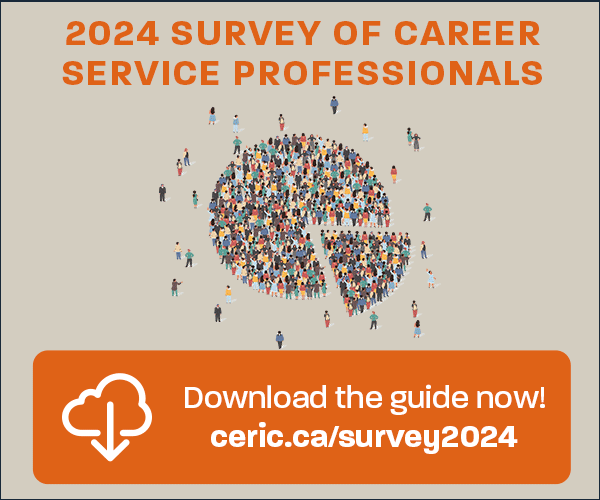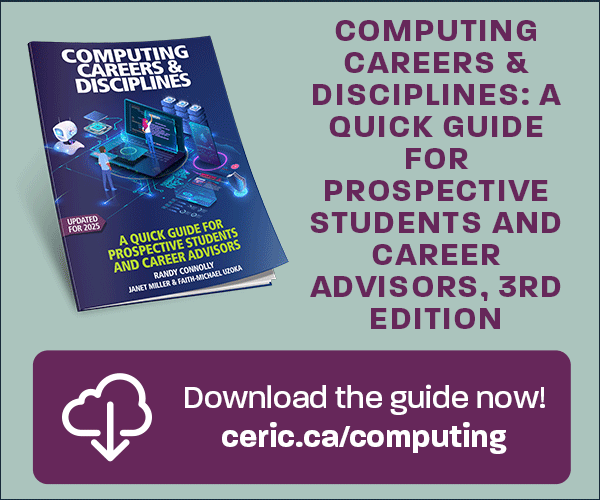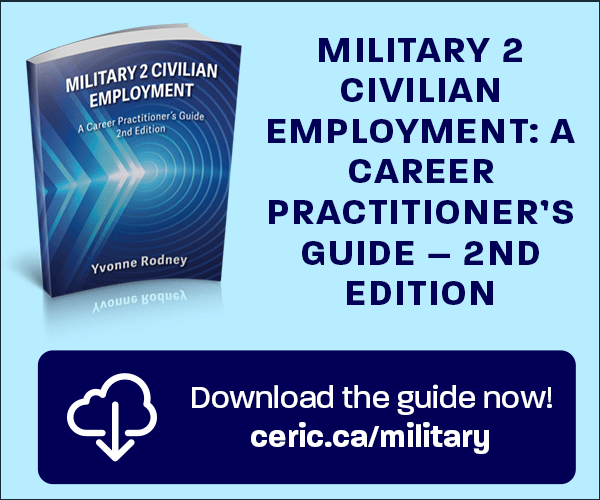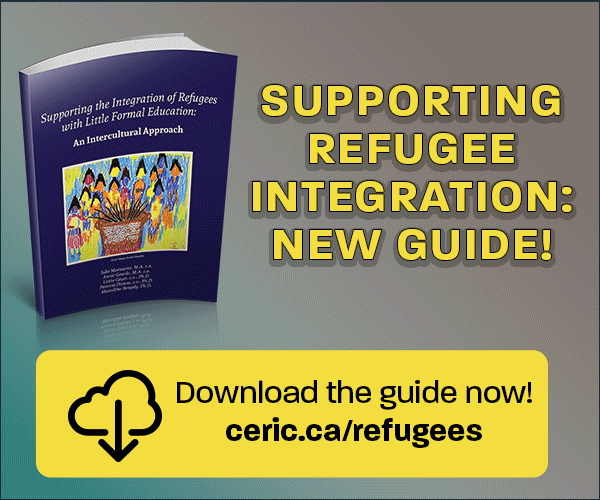Ethics and Professionalism in Counselling
Keywords:
ethics, counselling, professionalismAbstract
In the present situation the counsellor no longer holds a specific given role. Because definitive operation models and formula do not exist as they once did, questions of right and wrong force one to approach each question and case individually. Therefore, counselling work can no longer be based strictly on the “counsellor knows best” philosophy, but should be based both on the personal relationship that exists between the counsellor and help-seeker and the reinterpretation of problems and solutions concerning risk and ethics. Questions concerning counselling professionalism, professional ethics and the ability to cope with work are intertwined in many ways with everyday working situations. It would appear that ethical issues often become concentrated, visible and cause friction in the various relationships and boundaries to be found in counsellors’daily work settings.
References
ARISTOTLE (1975) The Nicomachean ethics of Aristotle. London: Oxford University Press.
BAKHTIN, M. (1984). Problems in Dostoyevsky’s Poetics. Edited and Translated by Caryl Emerson. Theory and History of Literature, Vol. 8. Manchester: Manchester
University Press.
BAUMAN, Z. (1996). Postmodern Ethics. Oxford/Cambridge, Mass.: Blackwell Publishers.
BAUMAN, Z. (1991). Modernity and Ambivalence. Cambridge: Polity Press.
BECK, U. (1993). Risk Society. Towards a New Modernity. Newbury Park, London, New Delhi: Sage.
EDWARDS, R. & PAYNE, J. (1997). The Self in Guidance: Assumptions and Challenges. British Journal of Guidance & Counselling 25 (4): 527-538.
COLMAN, D. & GELLER, M. (1985) (Eds.) Group Relations Reader Vol. 2. An A.K. Rice Institute series. Washington: Goetz Printing.
COREY, G. (1996). Theory and Practice of Counseling and Psychotherapy. 5th ed. Pacific Grove: Brooks/Cole.
GERGEN, K. (s.a.). Narrative, Moral Identity and Historical Consciousness: A Social Constructionist Account. University of Bielefeld, forthcoming. http://www.cc.swarthmore.edu/SocSci/kgergen1/text3.html
GIDDENS, A. (1994). Modernity and Self-Identity. Self and Society in the Late Modern Age. Cambridge: Polity Press.
HARJU, A., KALLIO, P. & KURHILA, A. (In press). Counselling and Personalization of Adult Studies. In. B. HIEBERT (Ed.). Career Development Practices that Work:
Exemplary Practices from Around The World.
HOUSE, E. (1988). Ethics of Evaluation Studies. In KEEVES, J. (Ed.) Educational Research, Methodology and Measuring. An International Handbook. Oxford:
Pergamon Press.
HYYPPÄ, H. (1983). Avointen järjestelmien teoria työnohjauksen viitekehyksenä. [Open Systems Theory as a Framework for Supervision] Oulun yliopiston kasvatustieteiden tiedekunnan tutkimuksia 17.
JARVIS, P. (1997). Ethics and Education for Adults in a Late Modern Society. Leicester: The National Institute of Adult Continuing Education.LAHIKAINEN, S. (1995). Mitä on ohjaus? Esitelmä Amiedun ohjaavan koulutuksen kehittämispäivänä 7.12.
LEVINAS, E. (1985). Ethics and Infinity. Conversations with Philippe Nemo. Pittsburgh: Duquesne University Press.
LINDQVIST, M. (1995). Auttajan varjo. Pahuuden ja haavoittuvuuden ongelma ihmistyön etiikassa. Helsinki: Otava
MCINTYRE, A. (1981). After Virtue. London: Duckworth.
MEIJERS, F. (1995). Ethics in Career Guidance. In BARTHOLOMEUS, Y, BRONGERS, E & KRISTENSEN, S. (Eds.). The Quest for Quality. Towards Joint European Quality Norms. National Careers Guidance Information Centre.
NUMMENMAAA.R. & YLIVAKKURI, M. (1996). Oppilaanohjaus eettisinä suhteina ja periaatteina. [School Counselling viewed as Ethical Relations and Principles] Teoksessa P. PITKÄNEN (toim.) Kasvatuksen etiikka. Helsinki: Edita.
OBHOLZER, A. & ROBERTS, V. (1994). (Eds.) The Unconscious at Work. Individual and Organizational Stress in the Human Services. London and New York: Routledge.
ONNISMAA, J. (1998). Career Guidance Training: Dealing with Uncertainty. International Journal for the Advancement of Counselling 20 (3): 175-90.
PEAVY, R. V. (2000). Ammatinvalinnan ja urasuunnittelun ohjaus postmodernina aikana [Postmodern Conditions and Career Counselling.] In [a Finnish counselling handbook] ONNISMAA, J., PASANEN, H. & SPANGAR, T. (Eds.). Ohjaus ammattina ja tieteenalana, Vol. 1 Jyväskylä: PS-kustannus Oy.
PEAVY, R. V. (1995). An Orientation to Constructivist Career Counselling. July. NorthStar Research Document.
PEAVY, R. V. (1997). Socio-Dynamic Counselling. A Constructivist Perspective for the Practice of Counselling for the 21st Century. Victoria, B.C.: Trafford Publishing.
RIIKONEN, E. & SMITH, G. (1997). Re-Imagining Therapy. Living Conversations and Relational Knowing. Inquiries in Social Construction. London: Sage.
ROSE, N. (1995). Eriarvoisuus ja valta hyvinvontivaltion jälkeen. Teoksessa ERÄSAARI, R. & RAHKONEN, K. (toim.). Hyvinvointivaltion tragedia. Keskustelua eurooppalaisesta hyv invointivaltiosta. Tampere: Gaudeamus.
RÄIKKÄ, J., KOTKAVIRTA, J. & SAJAMA, S. (1995). Hyvä ammattilainen. Johdatus ammattietikkaan. Helsinki: Painatuskeskus.
SAVICKAS, M. (1993). Career Counseling in the Postmodern Era. Special Issue: Constructivist psychotherapy. Northeastern Ohio Universities Coll of Medicine, Rootstown, Journal of Cognitive Psychotherapy 7 (3) 205-215.
SHOTTER, J. (1993). Conversational Realities. Constructing Life Through Language. London: Sage.
SILFVERBERG, G. (1998). Being Good or Doing Right? Educational and Vocational Guidance. IAEVG Bulletin 62.
VARTO, J. (1999). Ekonomismi ja elämä. Niin & näin. Filosofinen aikakauslehti no 1.

Downloads
Published
How to Cite
Issue
Section
License

This work is licensed under a Creative Commons Attribution-NonCommercial-NoDerivatives 4.0 International License.
















